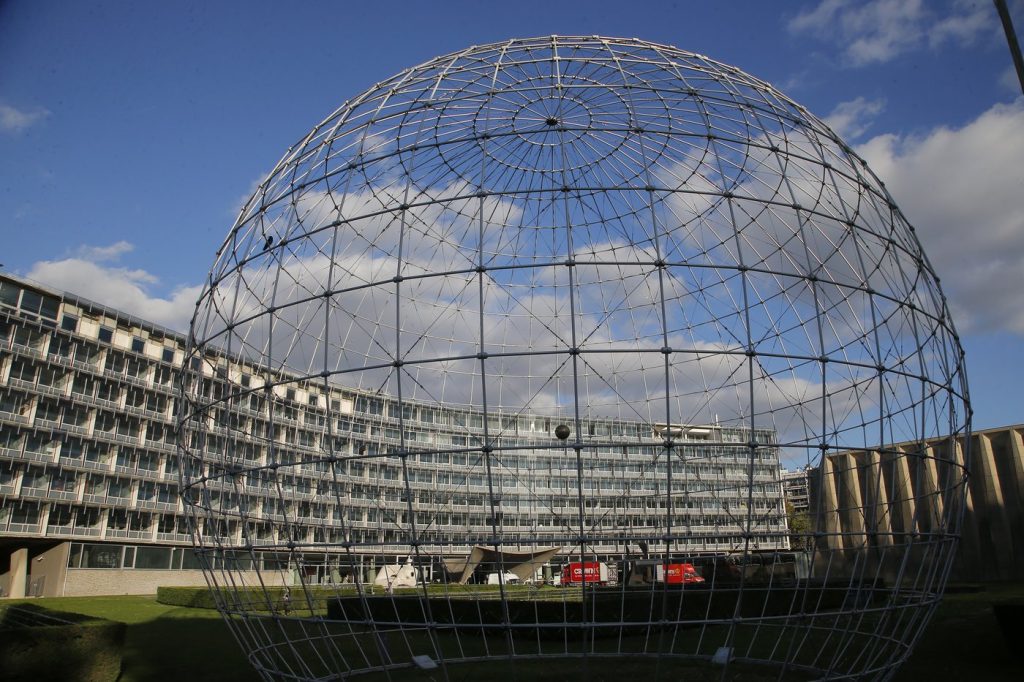PARIS (AP) – On Sunday, UNESCO announced the withdrawal of Nicaragua from the United Nations Educational, Scientific and Cultural Organization in response to the awarding of the UNESCO/Guillermo Cano World Press Freedom Prize to a prominent Nicaraguan newspaper, La Prensa. This decision by the Nicaraguan government was communicated in a letter received by UNESCO's Director-General, Audrey Azoulay, early in the morning.
Azoulay expressed regret over Nicaragua's exit, emphasizing that it would deprive the Nicaraguan population of the advantages of cooperation in crucial fields such as education and culture. She stated, "UNESCO is fully within its mandate when it defends freedom of expression and press freedom around the world," reflecting the organization's commitment to these fundamental rights.
La Prensa, which has been in operation since its establishment in 1926, was chosen for the prestigious press freedom prize based on a recommendation from an international jury of media professionals. The award for 2025 was announced just a day prior to Nicaragua's withdrawal, highlighting the ongoing conflict between the Nicaraguan government and press freedom advocates. UNESCO noted that since 2021, La Prensa has faced significant challenges, including the imprisonment and expulsion of its leadership and the confiscation of its assets. Despite these hardships, the publication continues to serve the Nicaraguan audience through online platforms, operating with a largely exiled team based in countries such as Costa Rica, Spain, Mexico, Germany, and the United States.
In its letter announcing the withdrawal, the Nicaraguan authorities accused La Prensa of fostering "military and political interventions by the United States in Nicaragua." Furthermore, they condemned the award of the UNESCO prize as a "diabolical expression of a traitorous anti-patriotic sentiment." This move signals ongoing tensions between the Nicaraguan government and both local and international media entities.
The departure of Nicaragua from UNESCO is a significant blow for the organization, which already faces scrutiny from various political figures, including former U.S. President Donald Trump. In February, Trump issued an executive order calling for a reassessment of American participation in UNESCO. His administration previously announced U.S. withdrawal from the organization in 2017, citing anti-Israel bias, a decision that officially took effect a year later.
In a contrasting development, the United States formally rejoined UNESCO in 2023 under the presidency of Joe Biden, ending a five-year absence. This reinstatement reflects a renewed commitment to international cooperation and support for educational and cultural initiatives globally.
As of now, the implications of Nicaragua's withdrawal from UNESCO will continue to unfold, particularly in relation to the freedoms of expression and press within the country amidst its ongoing political turmoil and challenges to democratic norms.











